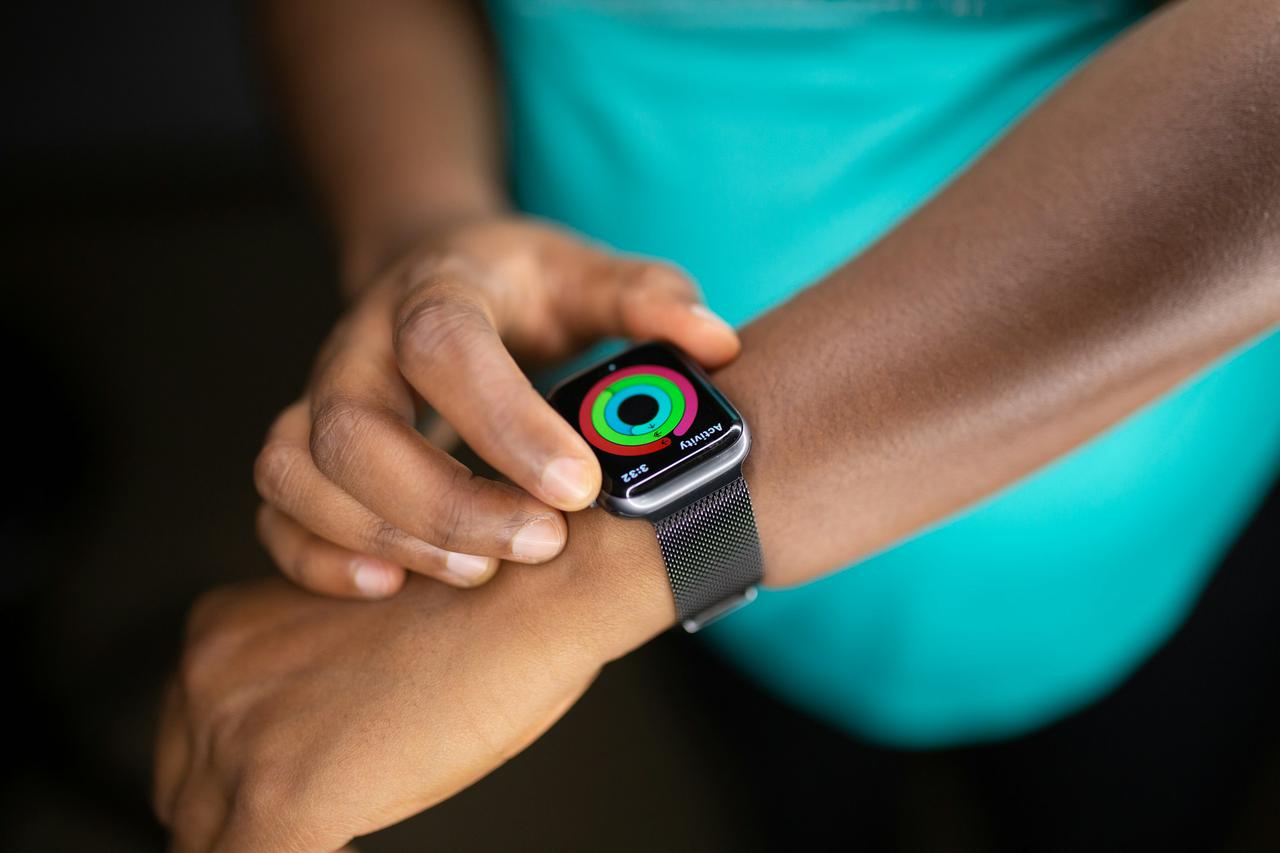Wearable technology, often simply referred to as "wearables," has become an integral part of our daily lives, seamlessly blending fashion with functionality. These innovative gadgets, designed to be worn on the body, offer a range of capabilities from fitness tracking to augmented reality experiences.
In this blog post, we'll delve into what wearable technology is and explore the various pros and cons associated with its use.
Wearable technology encompasses a variety of electronic devices that are worn on the body, either as accessories or as part of clothing. These devices are equipped with sensors and software that collect and analyze data, providing users with real-time information and feedback.
Some common types of wearable technology include:
One of the most significant advantages of wearables is their ability to monitor health and fitness metrics. Devices like fitness trackers and smartwatches can track steps, heart rate, calories burned, sleep patterns, and more. This information helps users make informed decisions about their health and lifestyle.
Wearables provide convenience by allowing users to access information and perform tasks without needing to reach for their smartphones. For instance, smartwatches can display notifications, control music, and even make calls, all from the wrist. This hands-free access is particularly useful in scenarios where using a phone might be impractical.
Wearables keep users connected, providing real-time updates and notifications. They can sync with smartphones and other devices, ensuring that important messages, calls, and alerts are always within reach. This constant connectivity is beneficial for staying organized and responsive.
The data collected by wearable devices can provide personalized insights into a user's habits and behaviors. For example, fitness trackers can suggest exercise routines based on activity levels, while smartwatches can recommend sleep improvements. These tailored insights help users optimize their routines and achieve their personal goals.
Many wearables come equipped with safety features such as fall detection, emergency SOS, and location tracking. These features can be particularly valuable for elderly individuals, children, and those with medical conditions, offering peace of mind to both users and their loved ones.
Wearable devices collect a vast amount of personal data, raising concerns about privacy and security. There is always a risk that sensitive information could be accessed by unauthorized parties, whether through hacking or inadequate data protection measures. Users must be cautious about the data they share and ensure their devices are secure.
Many wearable devices come with a high price tag, making them inaccessible to some consumers. While prices have been decreasing over time, high-end devices with advanced features can still be expensive. Additionally, there are often ongoing costs related to subscriptions or accessory purchases.
Battery life is a common issue with wearable technology. Many devices require frequent charging, which can be inconvenient. Moreover, the need for regular maintenance and software updates can be a hassle for users who prefer low-maintenance gadgets.
While wearable technology has advanced significantly, some devices may still suffer from reliability and accuracy issues. Inaccurate readings can lead to misguided decisions, especially concerning health and fitness. Users should be aware of the potential for error and not rely solely on wearable data.
At Doha Inc., we offer wearable technology at a great price. With our monthly subscription fee, you and your company can gain access to a world of exceptional wearable technology, laptops, haptic tech, and more. If you’re interested in utilizing some of the world’s greatest tech, reach out to Doha Inc. today.
